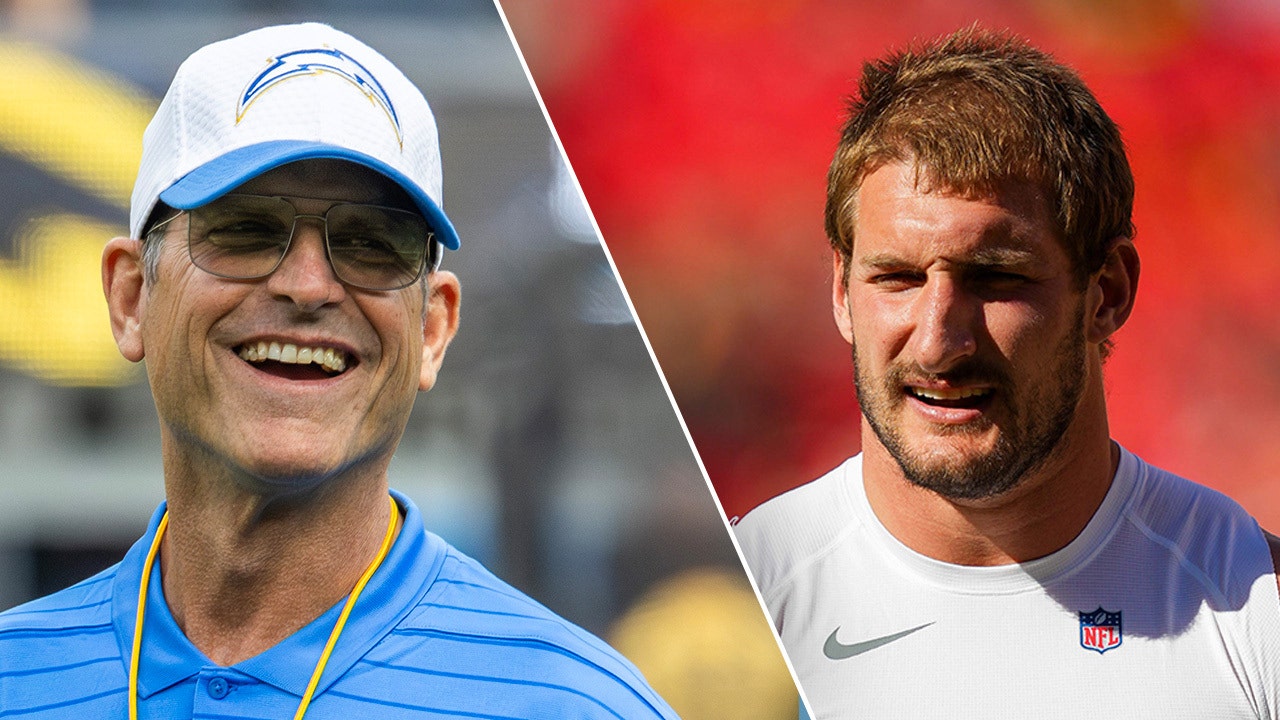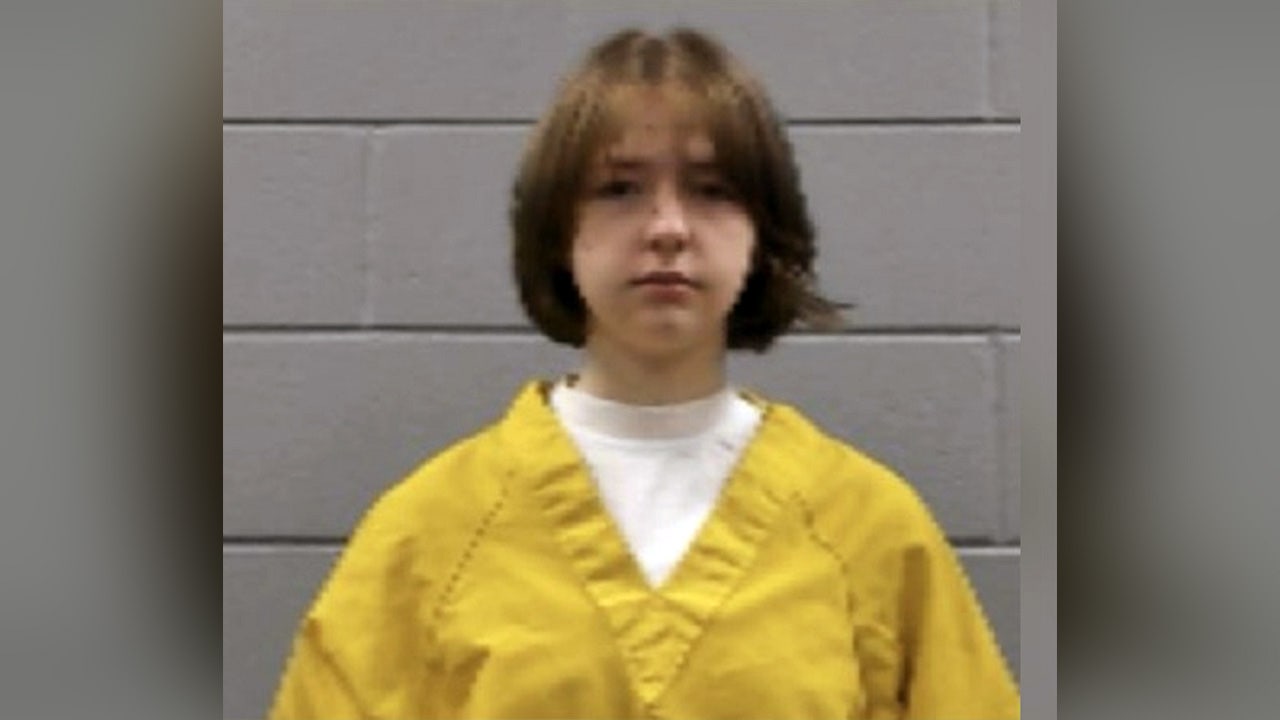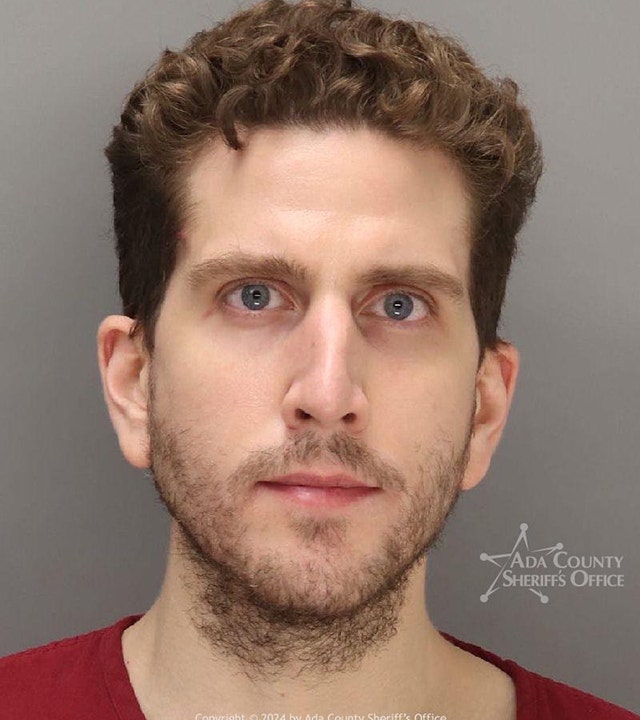Gov. Kathy Hochul is promising not to raise income taxes on New Yorkers next year – saying she doesn’t want more businesses to flee the state.
The Democrat, who infuriated the lefty wing of her party by refusing to raise income taxes in this year’s state budget, said Friday she wants to keep holding the line in 2025.
“I’m not raising income taxes,” Hochul told a room full of bigwigs at the Business Council of New York State’s annual meeting at the swanky Sagamore Resort in Lake George.
“I want you to stay here and I want you to grow. I want you to be successful,” she said. “That is my promise to all of you.”
Single New Yorkers currently making between roughly $14,000 to $215,000 have their income taxed at 5.5-6%. The state’s highest earners making over $25 million a year pay 10.9%.
“The governor continues to be right that New York should not raise its already highest-in-the-nation personal income taxes,” Patrick Orecki, director of State Studies at the Citizens Budget Commission, wrote in a statement to The Post.
“Our high taxes do make us less competitive, and the state really should be actively restraining spending growth to let the current temporary surcharge expire,” he said.
Progressive groups, however, slammed Hochul over the promise.
“Asking the ultra-wealthy to pay a little more in taxes allows our state to make much-needed investments in our communities. We hope the governor will stand with working families and New Yorkers struggling with the high cost of basic necessities like rent, food prices, and childcare,” said Jasmine Gripper, co-director of the New York Working Families Party.
Hochul’s vow came as she prepared to face a massive dilemma, along with the state Legislature, over how to fund the MTA’s next five-year capital program.
Metropolitan Transportation Authority CEO Janno Lieber this week asked for a whopping $68.4 billion for the agency’s 2025-2029 capital plan — the largest such request in the transit agency’s history.
Albany also has to figure out how to address the $16.5 billion hole in the MTA’s existing capital plan that was going to be funded by cash from the much-derided congestion pricing scheme — which Hochul put on pause earlier this year.

The state will go into the next budget year with a $2.3 billion deficit. It has pushed off shortfalls totaling $11.6 billion in the two following years, as well.
Speaking to reporters earlier Friday, Hochul painted a rosy picture of the state’s financial outlook, pointing to this week’s stock market rally.
“Most of our budget is driven by how Wall Street does, so that’s something that I will not have the final numbers until later [but] I like the trend right now,” she said at an unrelated event.
“The interest rates will have a positive impact. We’re doing well on unemployment, just a teeny spike that’s better than many other areas,” Hochul added. “So I’m looking at all these economic factors and looking at a brighter picture than we had seen my first couple of years.”
While Hochul is drawing the line on income taxes, Albany has plenty of other avenues to dig into New Yorkers’ pockets.
After she hit the brakes on congestion pricing — which would have charged drivers a $15 toll to enter Manhattan below 60th Street — Hochul floated increasing the payroll mobility tax during closed-door negotiations with lawmakers.
But a significant number of Democratic lawmakers rejected the tax hike, leaving it up in the air how the state will fund the hole in the MTA’s 2020-2024 capital plan.
Read the full article here















